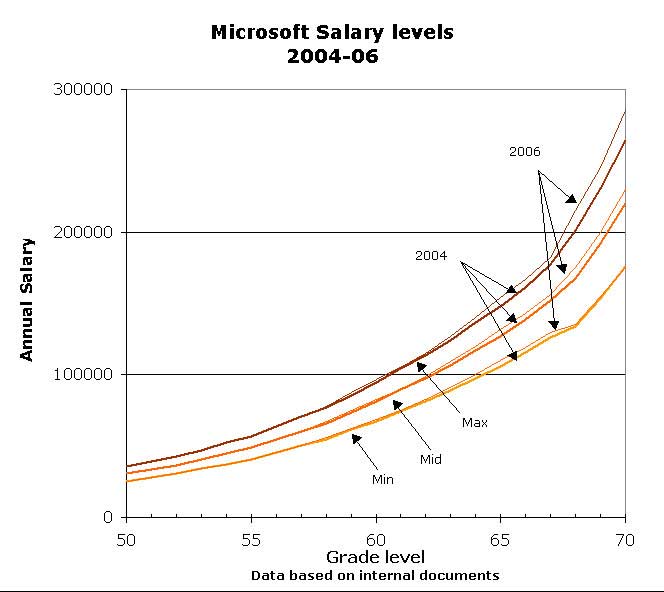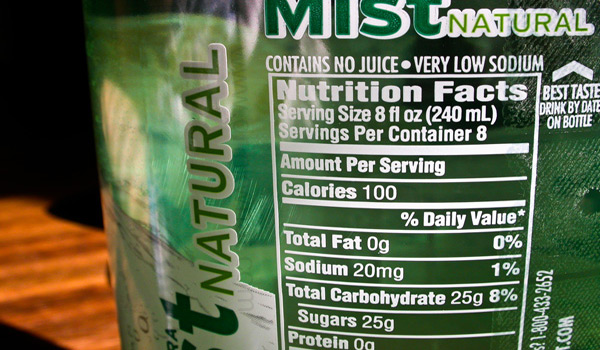Most reward systems are dysfunctional, especially if the organizational structure in the company is weak (meaning no one has power or status). If you have a dysfunctional reward system, then employees have little motivation meaning reduced effort and/or leaving the company.
A company that is a perfect example of this is Microsoft.  “Microsoft Corp. has over 60,000 employees, and like [most] large corporations, it uses a performance review process to rate them”, however this ranking system “uses a bell-curve model to decide who gets high scores and who takes the low ones”. As well, “where you get ranked depends almost entirely on who your lead is, how hard they fight” according to Internal Microsoft documents obtained by WashTech News and the Mini-Microsoft Blog.
“Microsoft Corp. has over 60,000 employees, and like [most] large corporations, it uses a performance review process to rate them”, however this ranking system “uses a bell-curve model to decide who gets high scores and who takes the low ones”. As well, “where you get ranked depends almost entirely on who your lead is, how hard they fight” according to Internal Microsoft documents obtained by WashTech News and the Mini-Microsoft Blog.
This instills a very competitive environment, where engineers will not produce as high quality work then if they had worked together. It also creates a workplace based on politics, as opposed to the quality of your ideas/work. With Microsoft competing heavily with Google and Yahoo, it will need its employees loyalty in order to keep up to its high profitability. Therefore, they will need to rethink their structure of rewarding employees to keep them and succeed.









